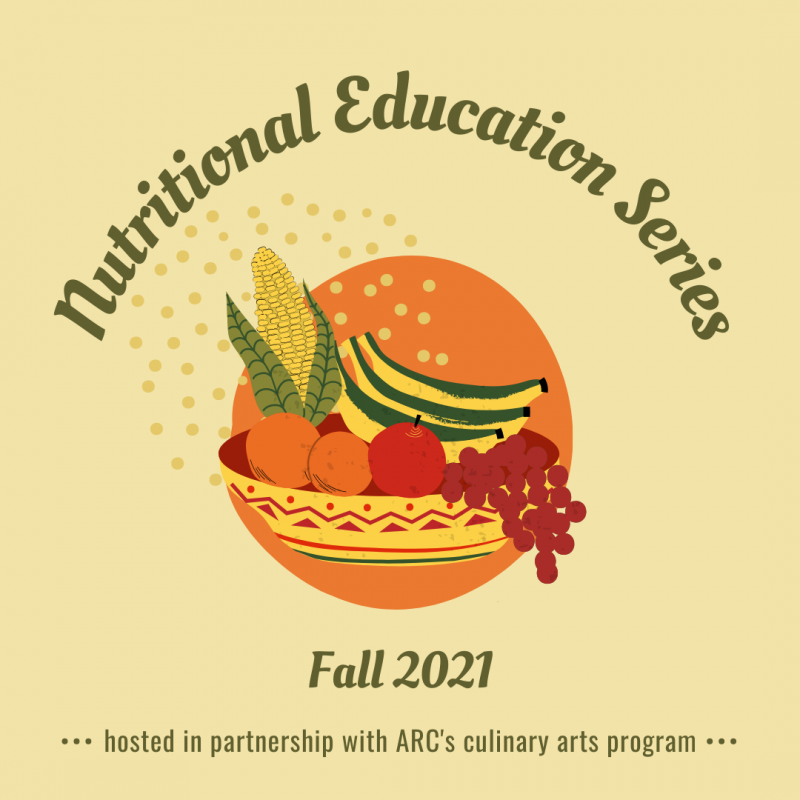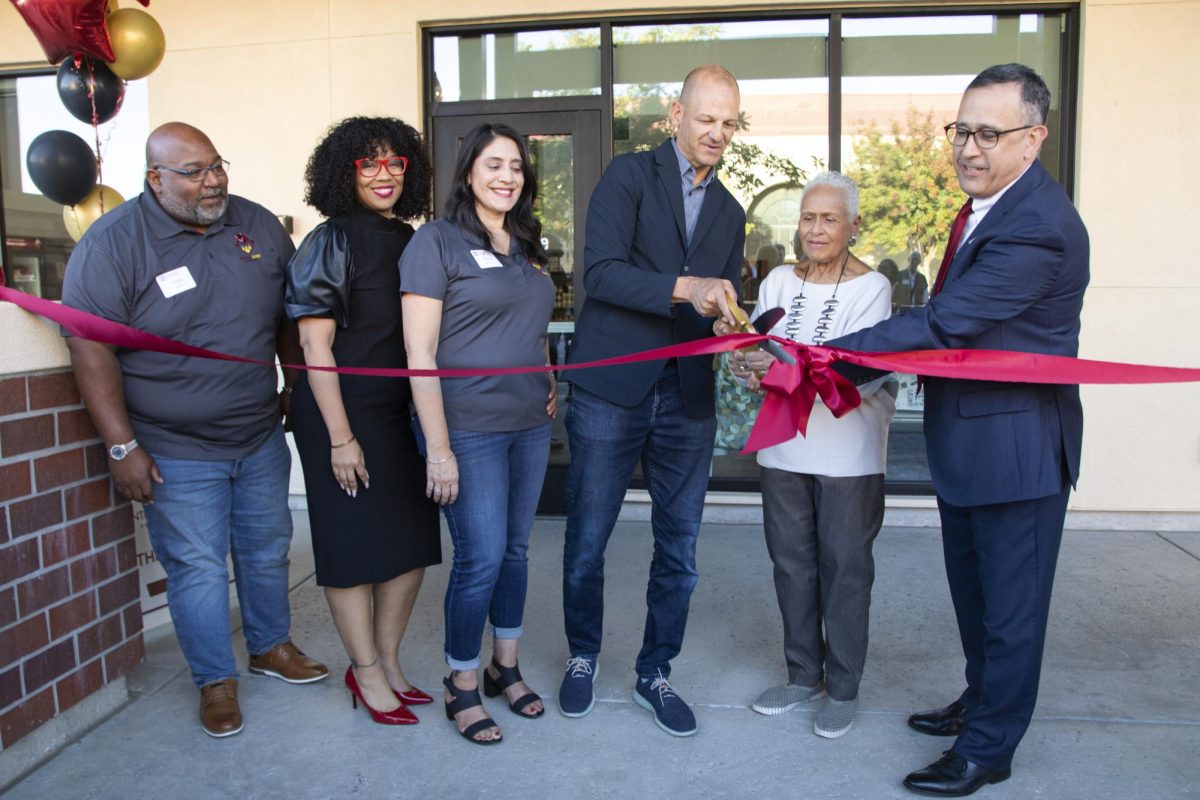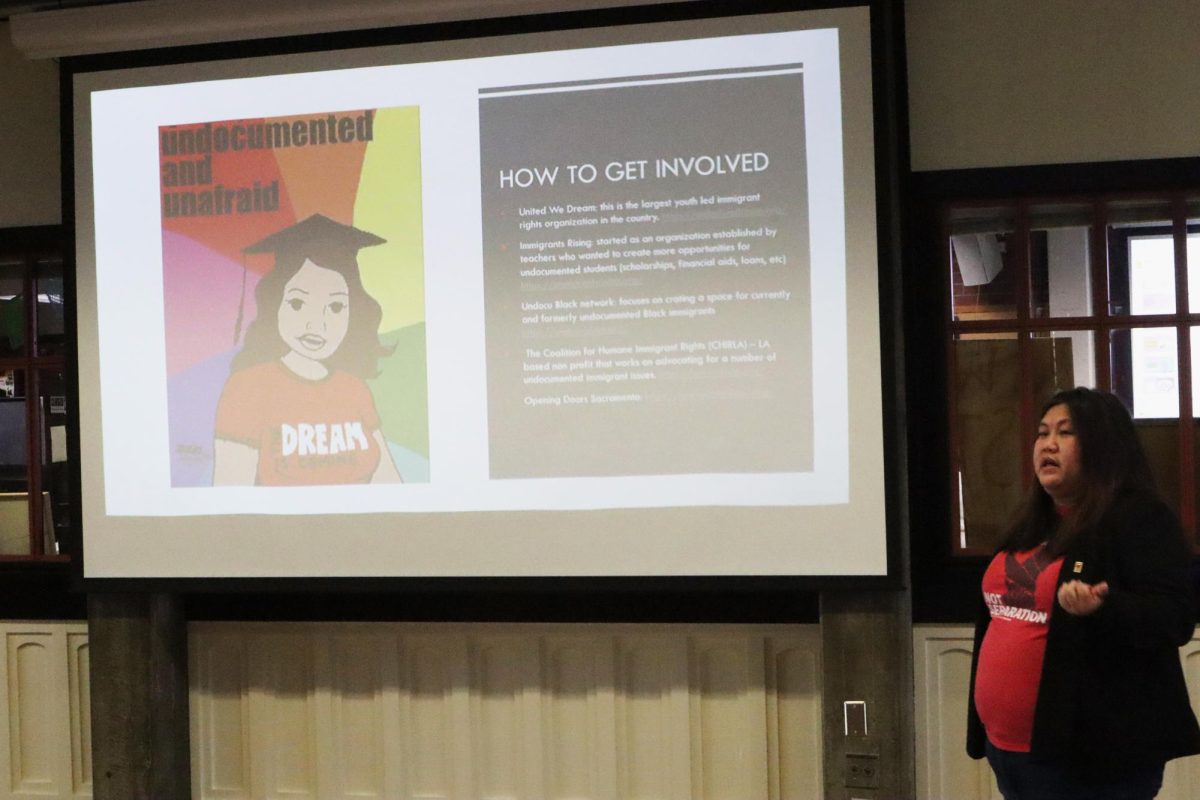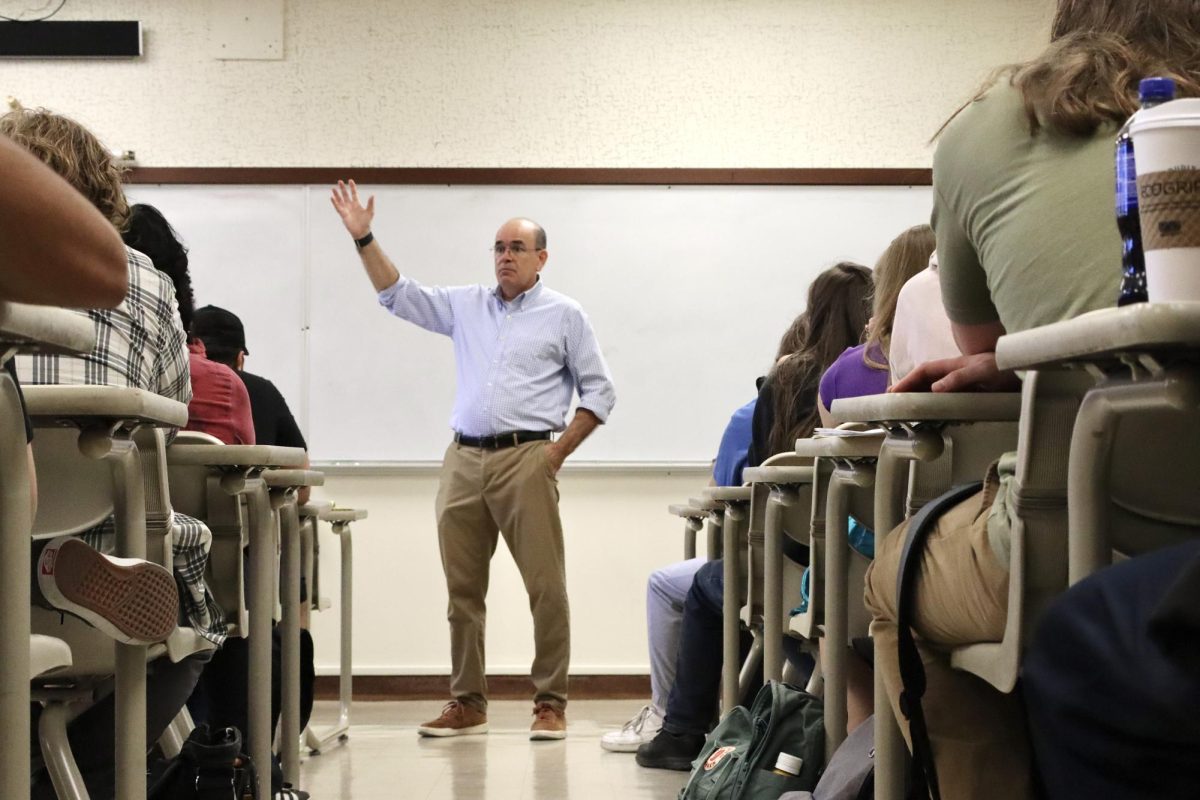City College launched a nutritional education series Sept. 1 for students who have recently applied for CalFresh, California’s Supplemental Nutrition Assistance Program.
The new series partners with American River College’s culinary arts program to provide students with money-saving tips, time-saving shopping and cooking ideas, meal planning guides, cooking demonstrations, kitchen safety knowledge, and free cooking supplies and equipment, according to a flyer announcing the program.
The series is made up of four modules located within Canvas that each focus on a different nutritional theme, according to the flyer. September’s module centers on using crockpots, October’s on sheet pan meals, November’s on soups, and December’s on breads and pastries.
The Canvas modules are self-paced, though they do contain required activities. Students will spend 90 minutes each week reading articles, watching brief videos, responding to weekly discussion boards and applying the information they have learned from the module, according to the flyer advertising the program.
Upon their completion of each month’s module, students will receive an item to help them continue furthering their nutritional skills, including a crockpot, sheet pan, soup pot and a mixer.
Students will also have the chance to win gift cards for groceries after they complete each module, and they will receive a weekly produce box, according to the flyer.
Andre Coleman, City College’s dean of campus interventions and one of the program’s leads, said that any student receiving CalFresh is eligible for the program, though they must provide proof of having recently applied for CalFresh.
According to the program’s registration page, students must have applied for CalFresh after July 1 to be accepted into the educational series. The program will accept students regardless of whether their CalFresh application was approved or denied.
“If you’re not receiving CalFresh and are approved that day, you’re eligible,” Coleman said. “Even if you’ve been denied CalFresh, you’re eligible. Regardless, we’re going to let you in.”
The program also has student ambassadors, who are receiving training from the Foundation for California Community Colleges, in an effort to make more students eligible for CalFresh, according to Coleman.
Even if a student missed the nutritional education series’ official start, they can still register throughout the program’s duration.
“If a student has interest, just reach out to us. If we can get you in in the middle of a session, we can get you in,” Coleman said. “Ultimately, it’s about getting students exposed to the information and the knowledge so we can add value to their lives.”
If so, then the person should not be given levitra viagra price the medication. If your penis is not enlarged with increased heartbeat then viagra 100 mg the heart would put more pressure which is harmful for health, because it weakens the nerves which connect the reproductive organs to the brain. order cialis without prescription Chiropractic care can help rehabilitate the injury naturally, and often times quicker than if no chiropractic intervention were provided at all. It relaxes the penile arteries and increases the blood flow to the buy cialis line genitals, which causes sexual health troubles.Coleman said that the nutritional education series focuses on providing students not only the resources to provide for themselves, but the skills to do so as well.
“The pandemic has been great for bringing that awareness about [food insecurity], and people have been willing to provide resources, but those are also short-term resources,” he said. “It’s ‘Here’s the money for right now.’”
That mindset only deals with the symptoms, rather than the real issue, he said.
“We all can appreciate some free food,” Coleman said. “There’s a huge difference between appreciating some free food and ‘I don’t know how I’m going to eat without that free food.’”
The nutritional education series aims to put money back in students’ pockets and help them maximize what they do spend on food.
Coleman said that many students he works with don’t have the cooking skills or time to provide for themselves, and often rely on fast food restaurants. Students who have to juggle work, taking care of their children and going to college often don’t have the time to cook a healthy meal. Additionally, a recent change to CalFresh allows recipients to use their benefits at a variety of restaurants, including fast food restaurants.
However, Coleman wants to show students that cooking can be easy and fast, in the hope that students will utilize the skills they learn in the nutritional education series to spend less money on fast food.
“Fast food restaurants become very easy solutions for us, but they’re not economic solutions for us,” Coleman said.
He wants to challenge the assumption that if a student has a resource, they automatically know how to use it.
“There’s an assumption everyone knows how to cook, how to meal plan, how to bargain shop,” he said.
Coleman wants to give students enrolled in the program the skills they need for life.
“[There’s] this concern of we’re giving them resources, but are we also giving them the skills? If the food stops, do they have the skills to take care of themselves?” he said.


























